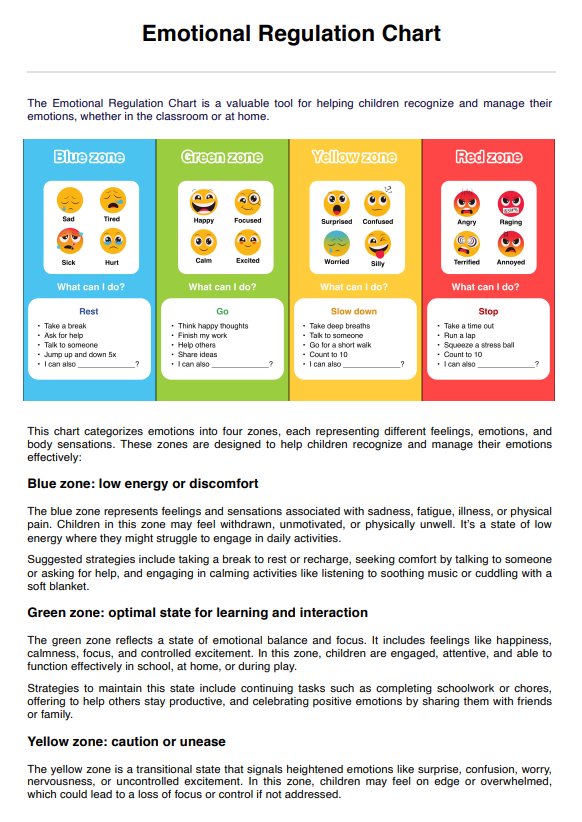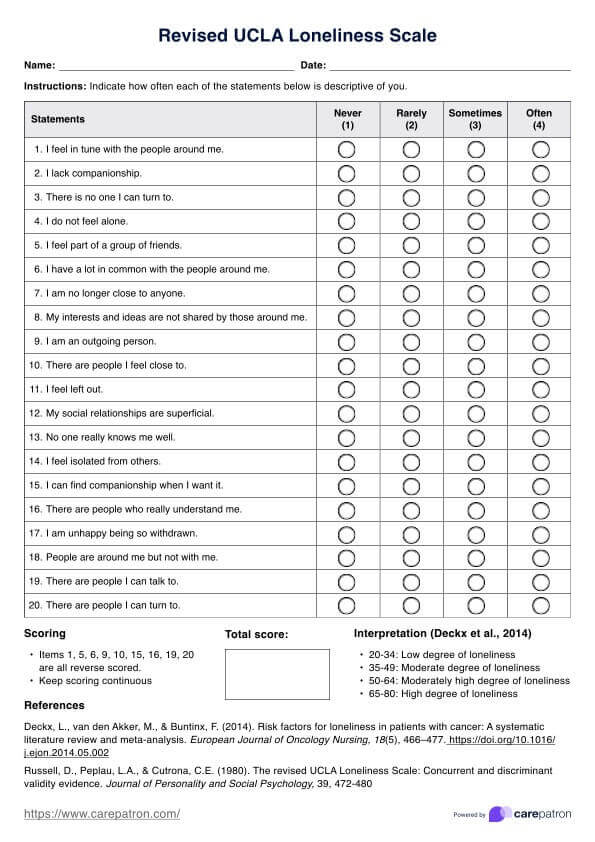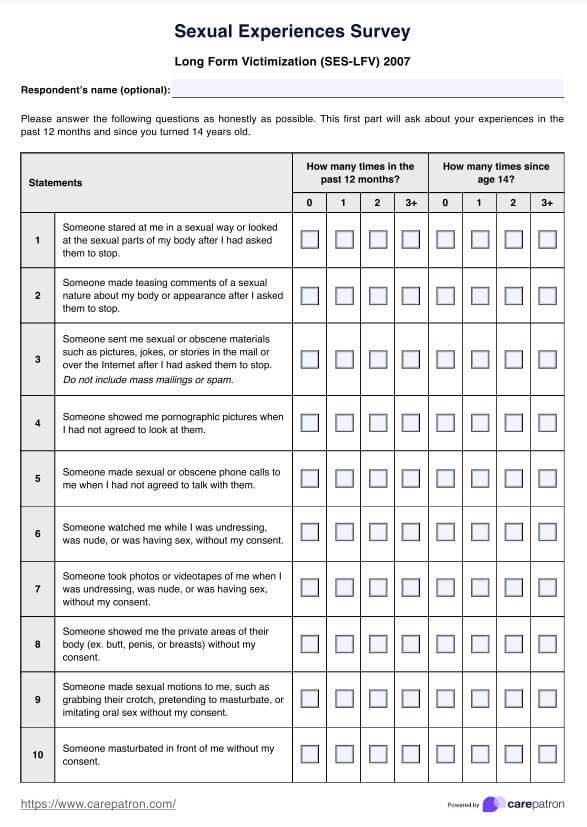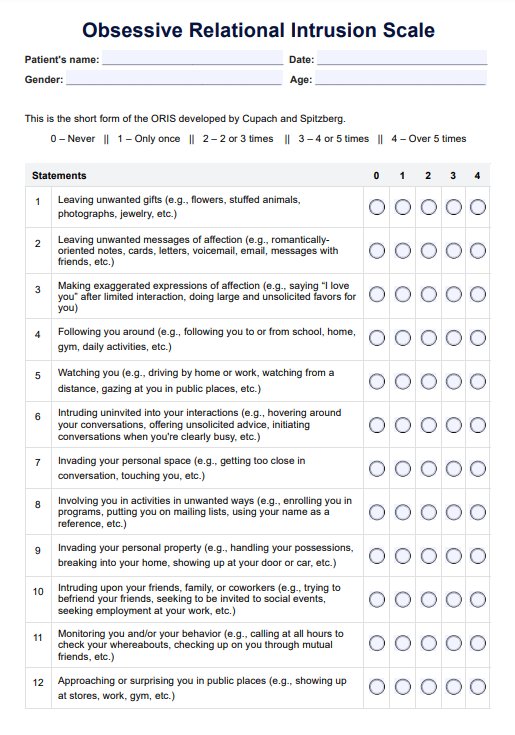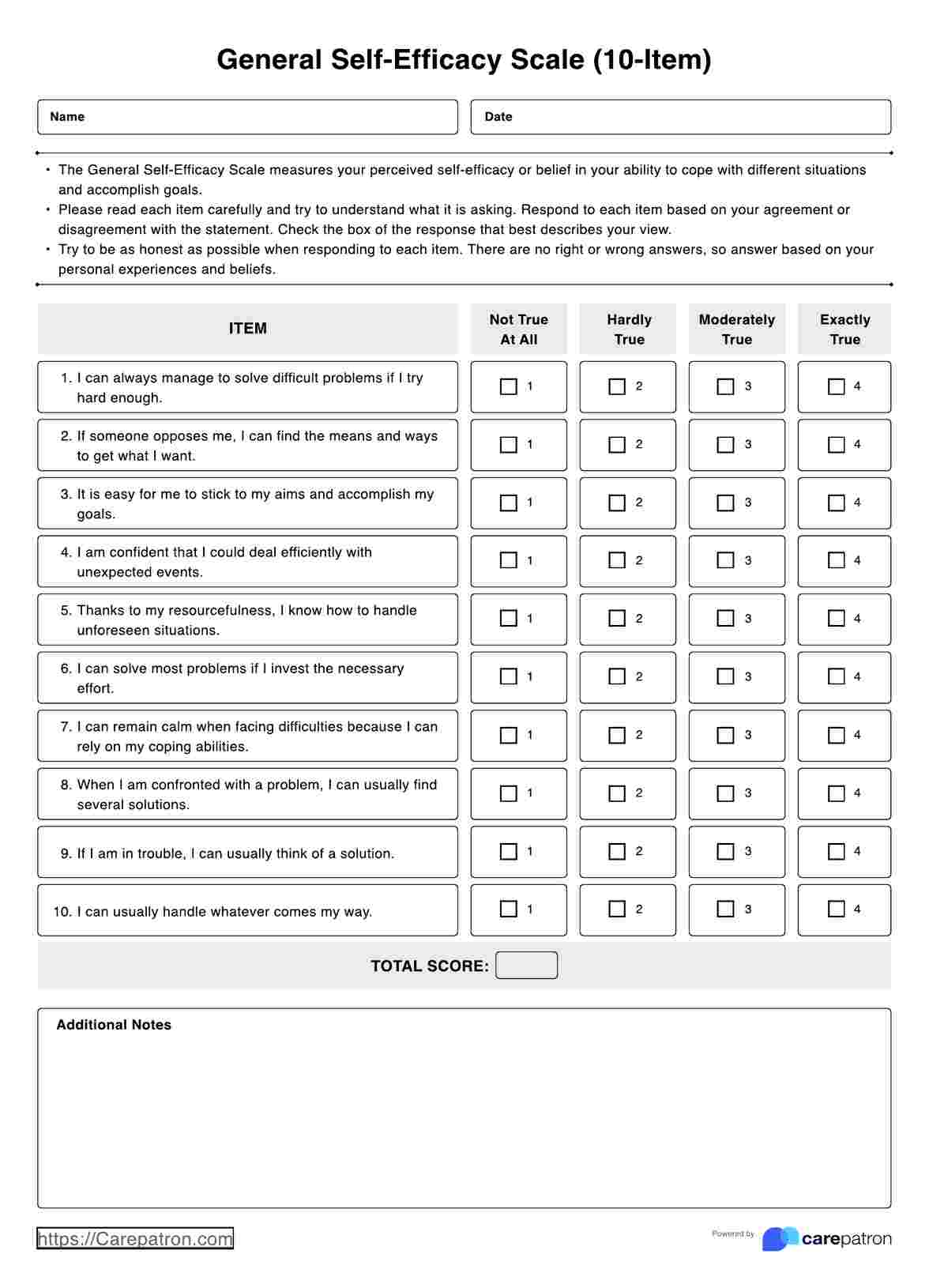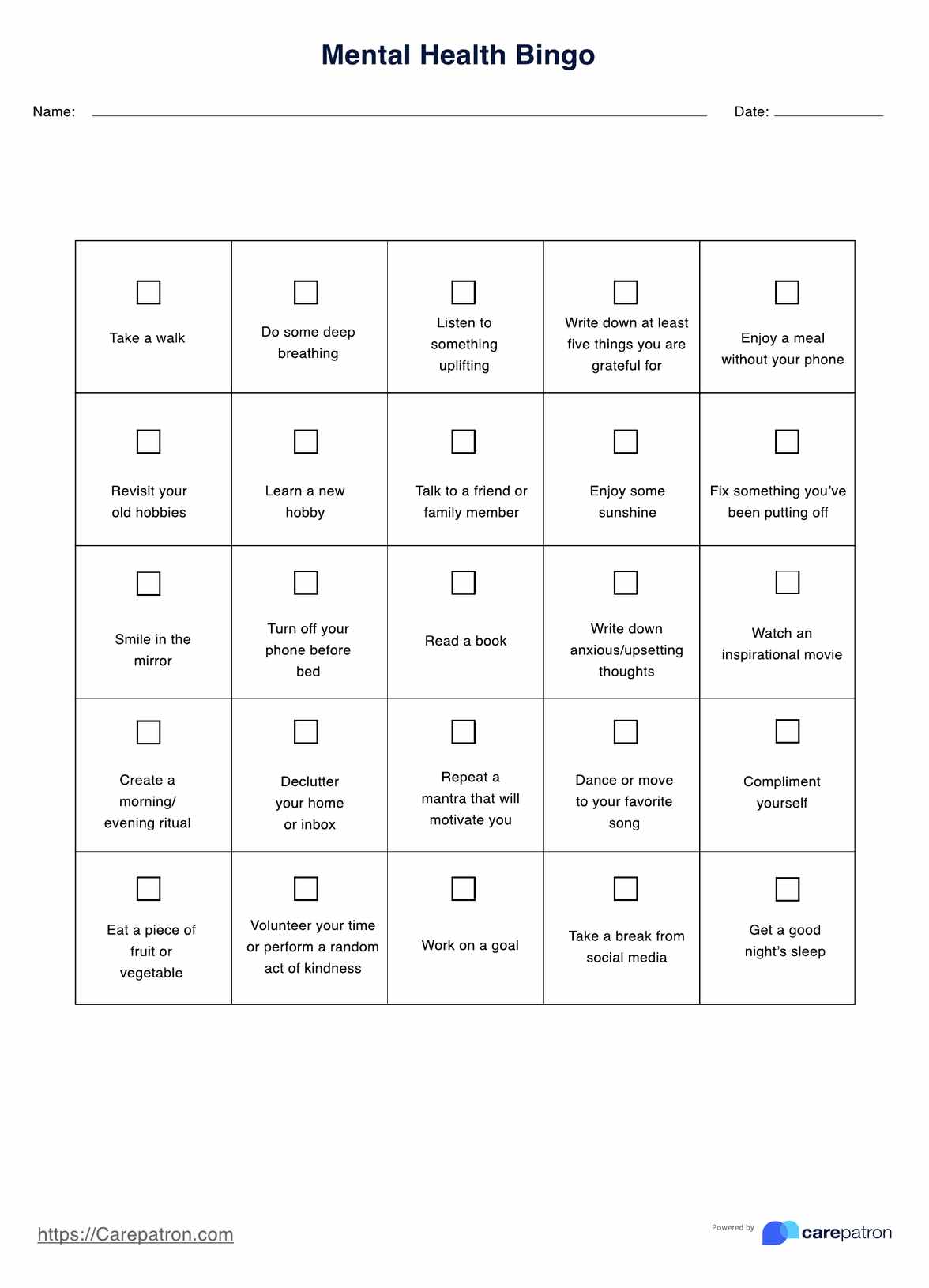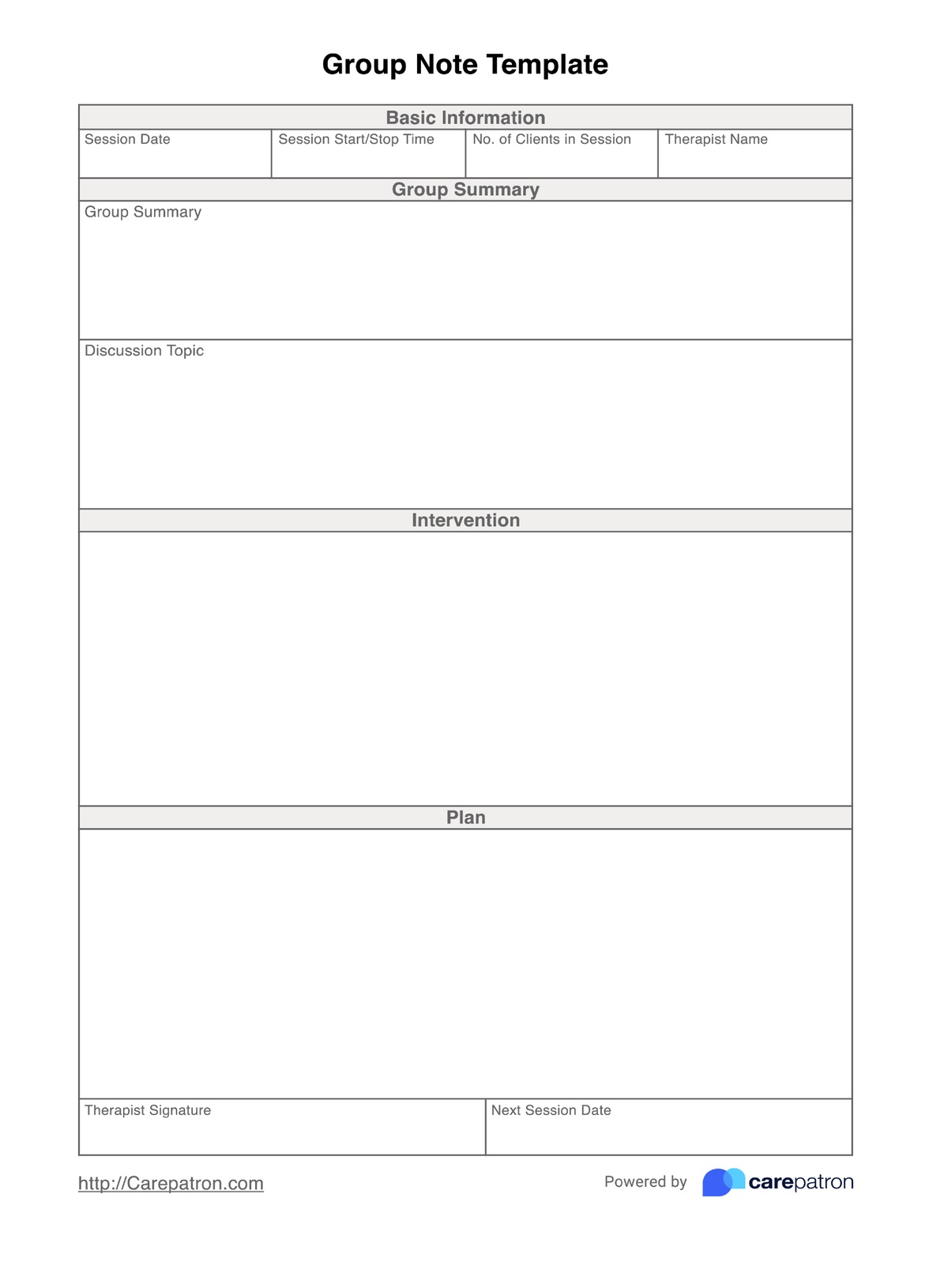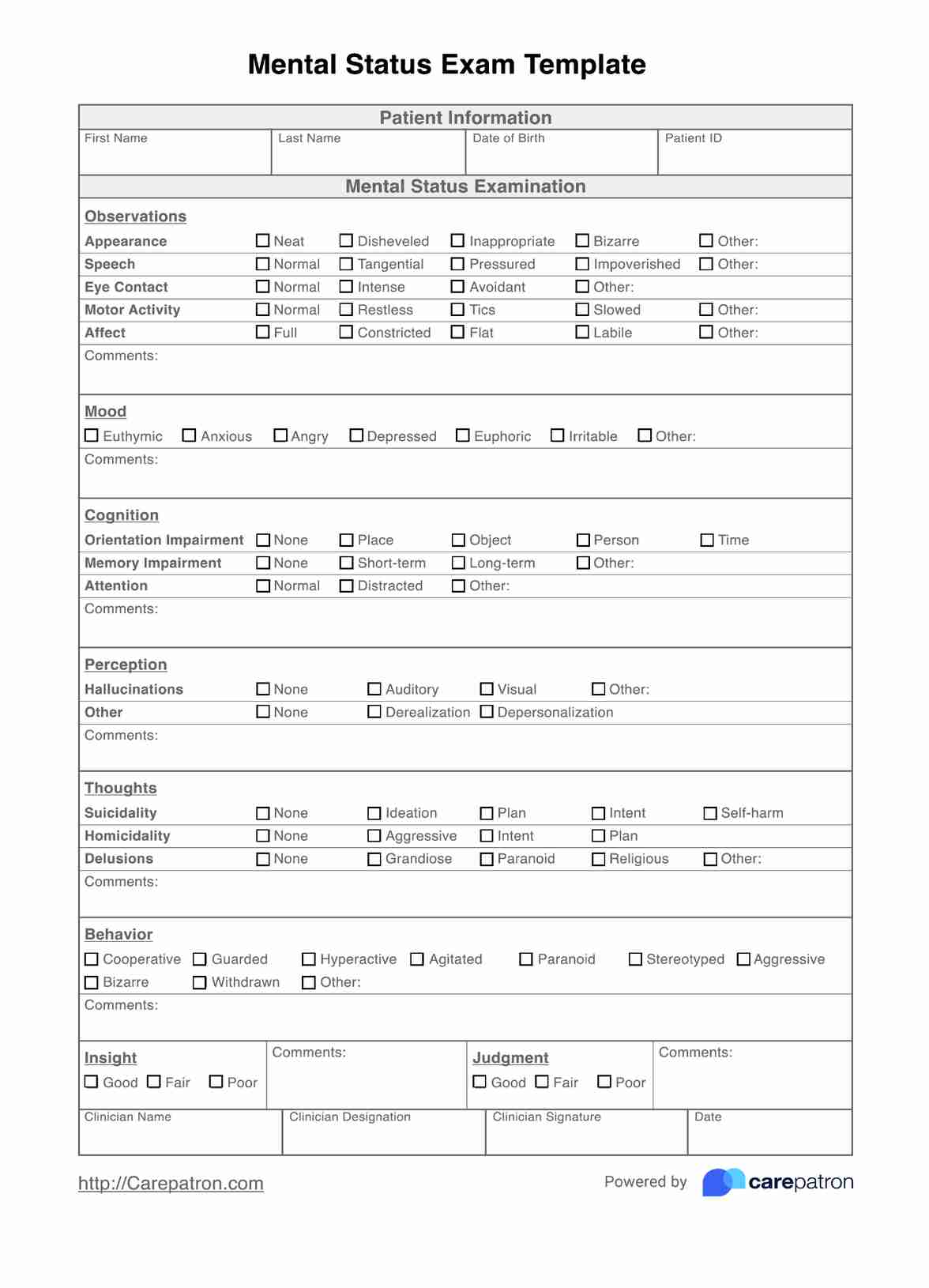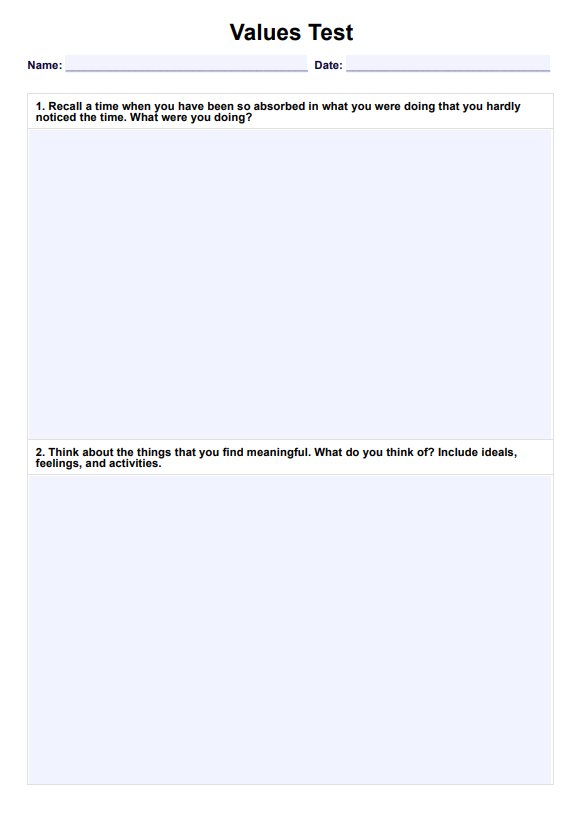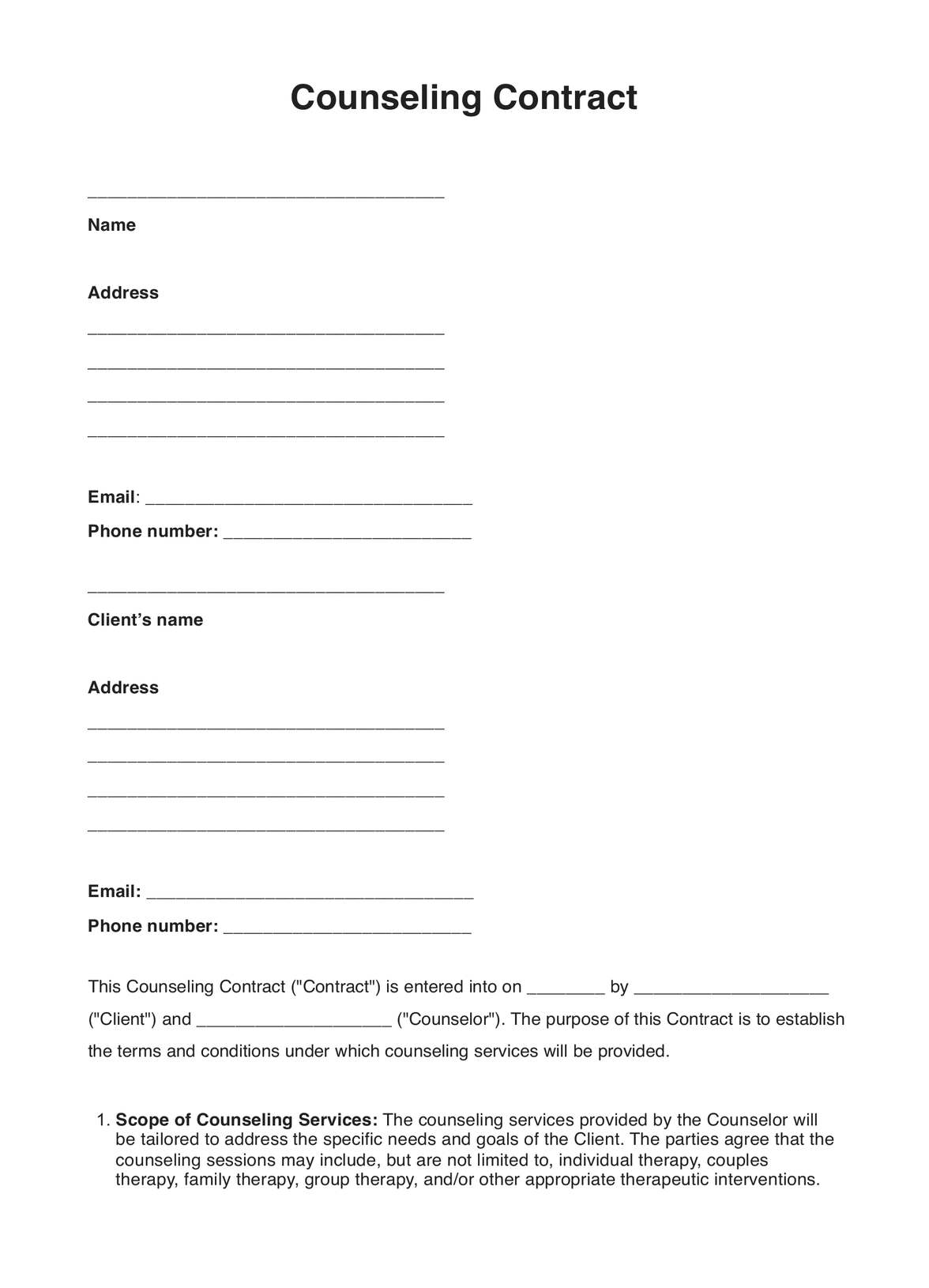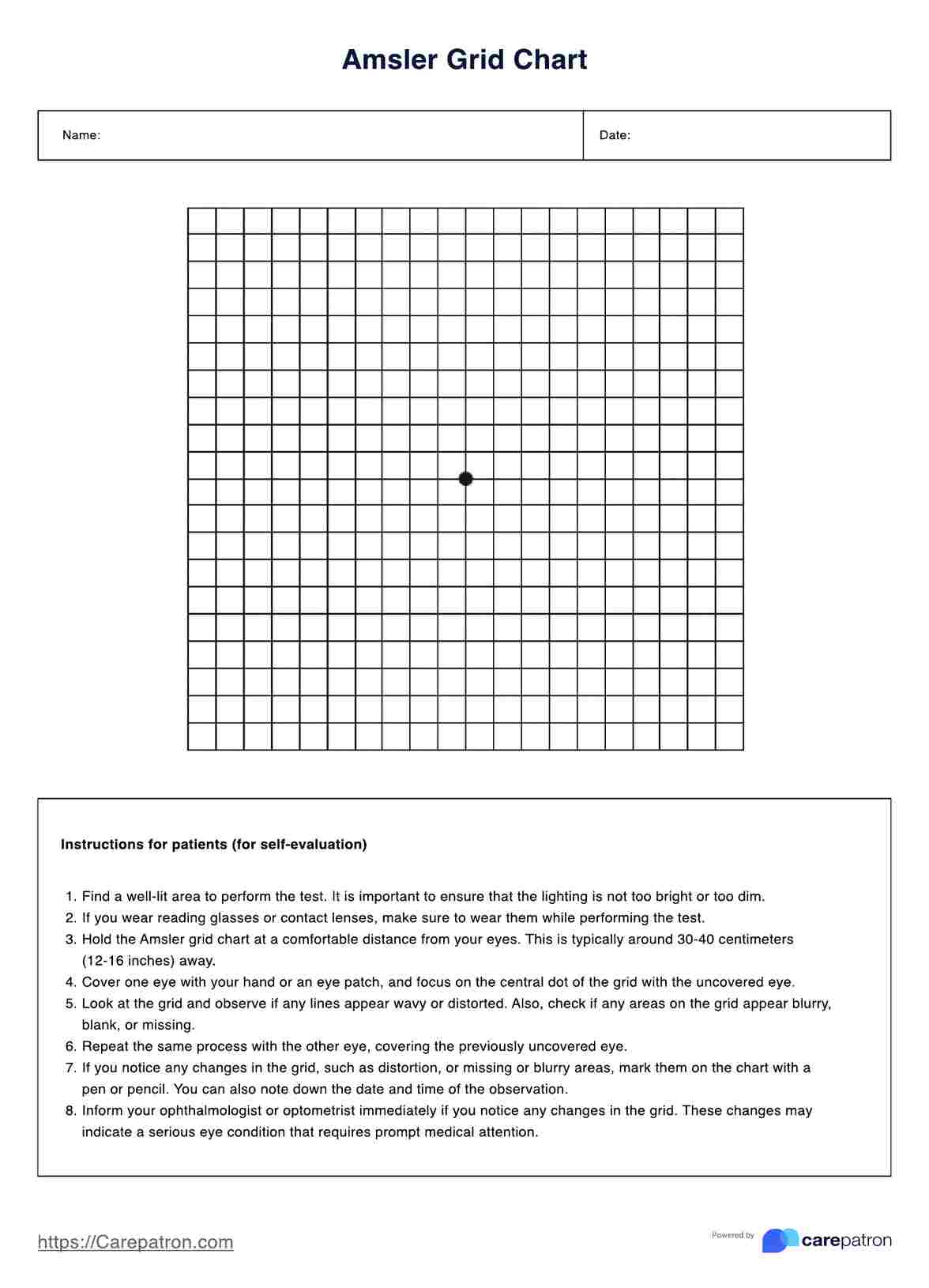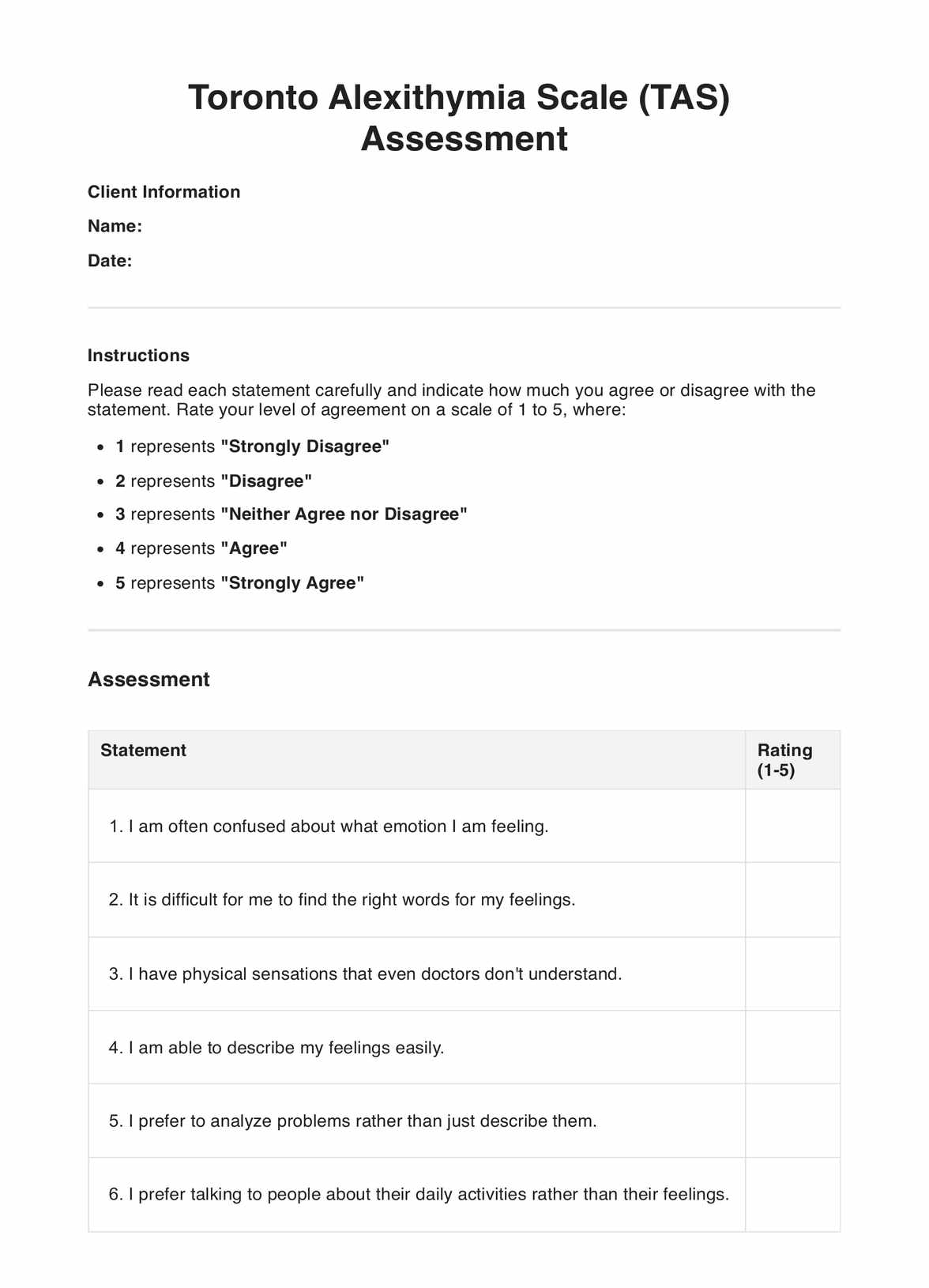Hamilton Anxiety Scales
The Hamilton Anxiety Scale evaluates the patient’s severity of Anxiety Disorder symptoms. Download this free template to improve the accuracy of your diagnosis.


What is the Hamilton Anxiety Rating Scale?
The Hamilton Anxiety Rating Scale (HAM-A/HARS) is a self-survey that measures the severity of the patient’s anxiety symptoms. Initially, Dr. Max Hamilton, the developer of this scale, created HARS in 1959 as an evaluation tool for anxiety symptoms in those with “anxiety neurosis.” The scale is used to assess and understand the nature and intensity of anxiety disorders.
The Hamilton Anxiety Rating Scale helps objectify the severity of the patient’s anxiety. It is composed of 14 indicators that are based on clinical questions. Several anxiety symptoms define each indicator.
Here are the 14 indicators:
- Anxious mood
- Tension
- Fears
- Insomnia
- Intellectual
- Depressed mood
- Somatic (muscular)
- Somatic (sensory)
- Cardiovascular symptoms
- Respiratory symptoms
- Gastrointestinal symptoms
- Genitourinary symptoms
- Autonomic symptoms
- Behavior at the interview
The indicators are further expounded in the evaluation. Each item briefly stated specific examples or descriptions of the feeling or observation.
The HAM-A is typically administered at the beginning of therapy to assess the patient’s status before receiving assistance. The test is then administered again to see if the treatment has made a difference following a course of therapy.
Hamilton Anxiety Scales Template
Hamilton Anxiety Scales Example
How do you use this Hamilton Anxiety Rating Scale?
Step 1: Download the PDF
This template may be administered through printed material or digital software. To get a copy of the anxiety scale, click the "Download PDF Template" button or access it through Carepatron's template library.
Step 2: Brief the client/patient
Explain the process to administration to the patient or client and set proper expectations. Ensure that they pledge honesty and are truthful about their behavior. Ensure that they truly understand the point of the assessment.
Step 3: Go through each statement
Administer the evaluation with thorough observation. Match the client's pacing and be diligent in specifying how they feel.
Step 4: Record the observations
Be active in noticing the apparent behaviors of the client/patient. As a mental health practitioner, being able to determine traits and recognize non-verbal symptoms should be a basic expectation.
Step 5: Properly store the documentation
If you are using Carepatron, you don't have to worry about storage. The health compliance software is a cloud-based company where your documents are securely stored and properly organized. If you decide to document it through print, it is best to collate it in a folder. This survey may be helpful in comparative analysis or for future evaluation to measure progress.
Scoring
The Hamilton Anxiety Rating Scale (HAM-A) is a widely used instrument for assessing anxiety severity by evaluating psychological and somatic symptoms. It comprises 14 items, each rated on a scale from 0 to 4, where 0 indicates the absence of anxiety and 4 denotes severe anxiety. The cumulative score, ranging from 0 to 56, quantitatively measures anxiety intensity.
Scores are interpreted as follows:
- >17: Suggests mild anxiety
- Between 18-24: Indicates moderate anxiety
- Between 25-30: Reflects severe anxiety
Next steps
After administering the Hamilton Anxiety Rating Scale (HAM-A) and obtaining the scores, the subsequent steps involve a comprehensive approach to treatment and management. Initially, the total score is interpreted to ascertain the severity of anxiety, from mild to moderate and severe. Do note, though, that the scale may not effectively distinguish between various subtypes of anxiety disorders, such as generalized anxiety disorder.
Following the interpretation, a detailed clinical assessment is essential. This involves considering additional information, including the patient’s medical history, physical health conditions, specific symptoms, the overall context of their condition, and how anxiety affects their patient's daily functioning and quality of life.
A tailored treatment plan should be developed based on the severity and individual needs. Interventions may be psychoeducational, lifestyle modifications, strategies, psychotherapy, and/or pharmacotherapy.
Regular monitoring of the patient’s progress is crucial. This includes periodic reassessment of symptoms using the HAM-A or other relevant scales. The treatment plan should be adjusted based on the patient’s response and progress, ensuring optimal anxiety management over time.
When to use this Hamilton Anxiety Rating Scale
There are a lot of assessments that have been developed over time to evaluate anxiety disorder, with the Hamilton Anxiety Rating Scale being the benchmark of these emerging assessments. Knowing when to use this assessment is vital because it will help draw good observations and monitor the patient’s improvement. Here are the instances when you would need to use HARS:
Initial screening
A regular clinic visitation for initial screening would be a typical time to use HARS. It is used when a patient confides in feeling some anxiety traits or somatic symptoms like tension headache, trouble sleeping, muscle tension, faster breathing, fatigue, wind abdominal pain, and hot and cold flushes.
During active consultations
Patients assessed with HARS should be called in for regular monitoring and evaluation. The test can be administered again to measure their improvement. This is crucial, as the result may call for better prescriptions or more effective treatment plans.
Final diagnosis
Mental health professionals sometimes have to conduct multiple HARS administrations to better understand the patient's improvement trend. Administering the assessment for the last time can indicate the patient's actual or consistent result. There will be more concrete observations at this point, and you can develop a more substantial treatment plan.
Consider our anxiety assessment template for comprehensive strategies and tools to handle client issues effectively.
Commonly asked questions
The Hamilton Anxiety Rating Scale is primarily designed for use by trained mental health professionals. While it is accessible to anyone, interpreting its results accurately requires a background in psychology or psychiatry. Individuals without a medical background may find it challenging to understand the nuances of the scale and risk misinterpreting the results. Therefore, it's advisable to use this tool under the guidance of a qualified mental health practitioner.
The highest possible score on the Hamilton Anxiety Rating Scale is 56. This score is obtained by summing the highest possible ratings (4) for each of the 14 items on the scale. A score of 56 would indicate extremely severe anxiety symptoms. However, it's important to note that such a high score is rare and typically signifies a need for immediate and comprehensive mental health intervention.
The Hamilton Anxiety Rating Scale measures the severity of a person's anxiety symptoms. It evaluates various aspects of anxiety, including mood, physical symptoms, cognitive aspects, and behaviors. The scale consists of 14 items, each representing a different symptom or aspect of stress. The total score provides an overall assessment of the severity of the individual's anxiety, helping clinicians to tailor treatment plans effectively.


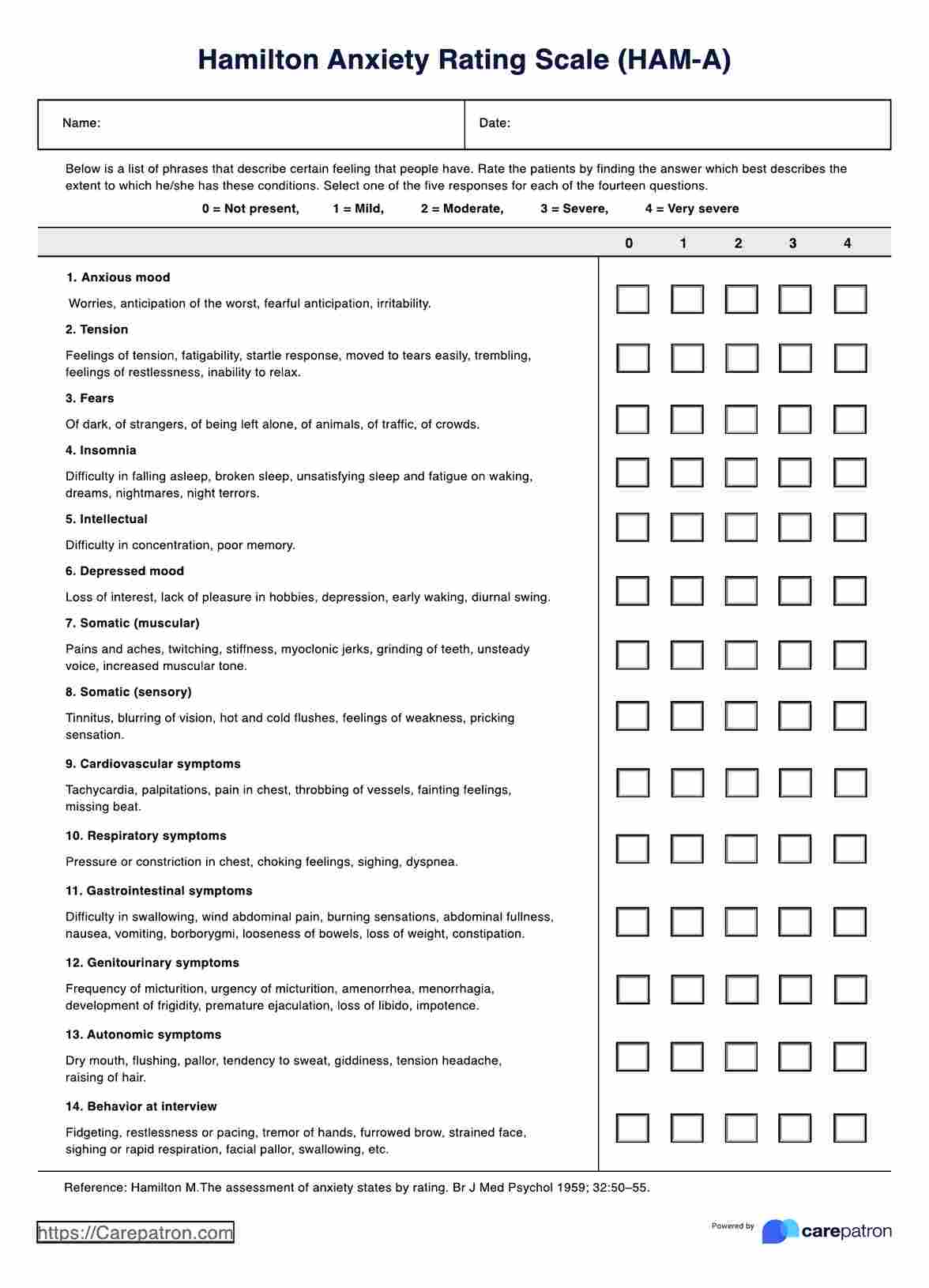
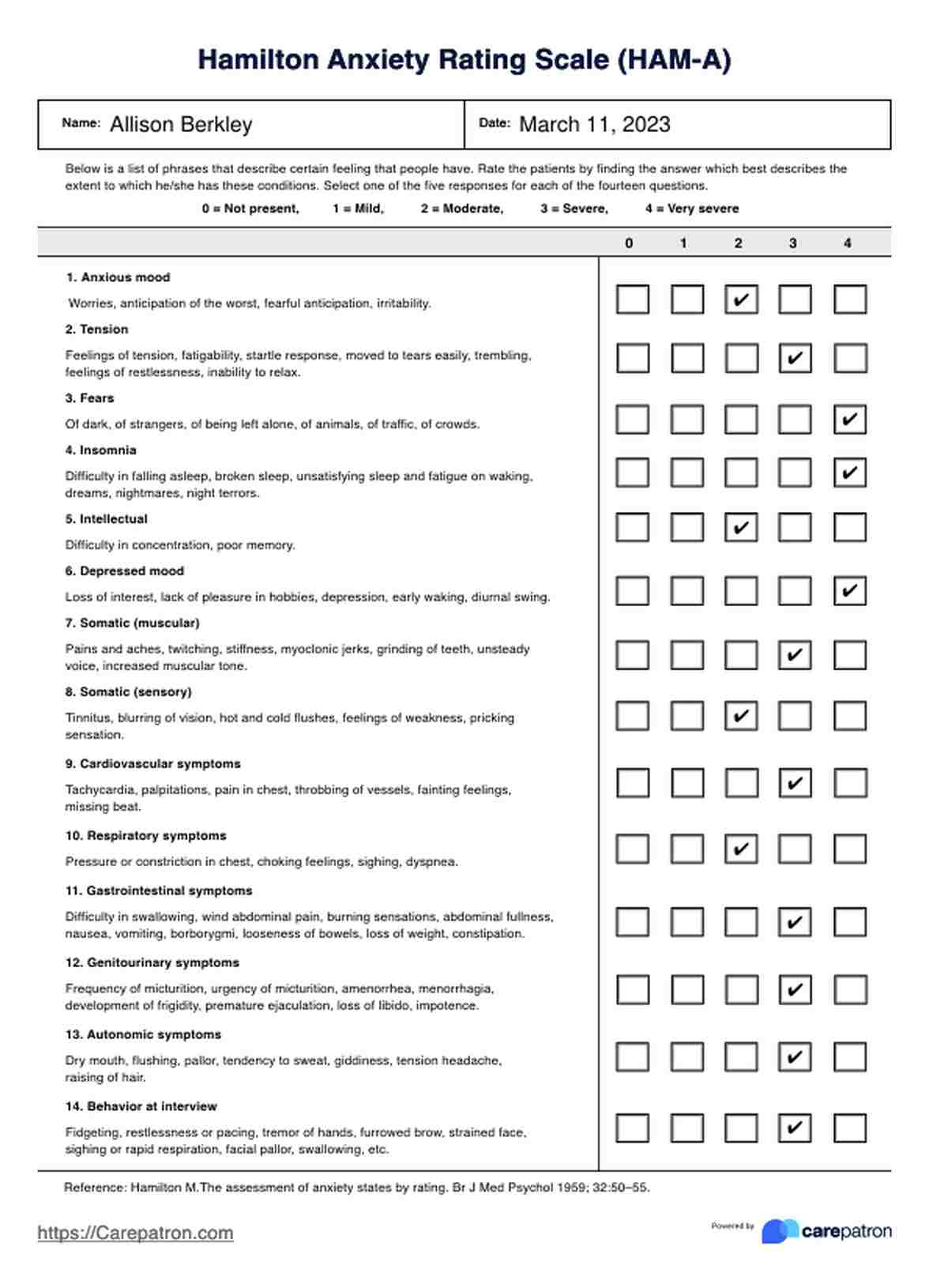

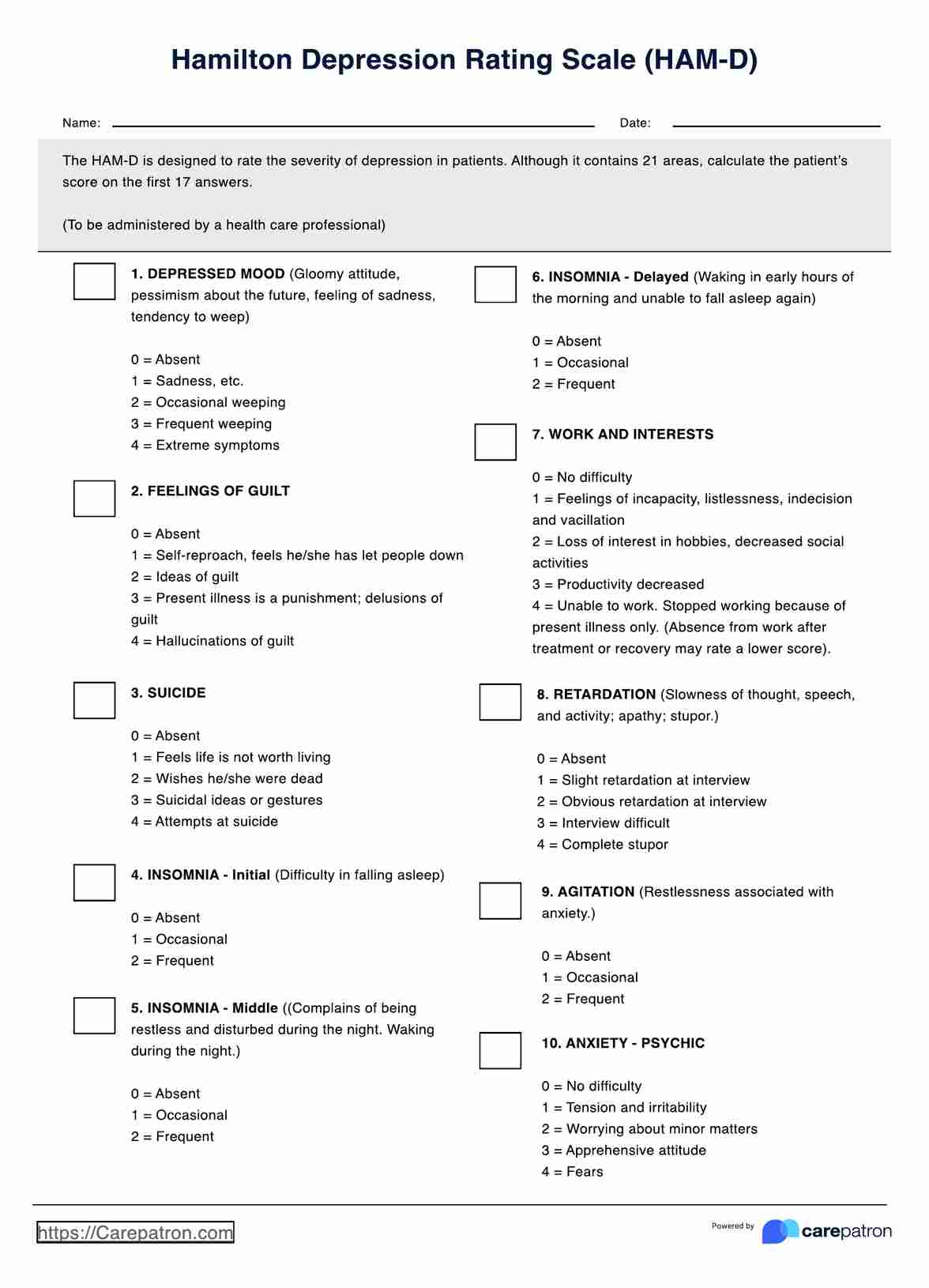
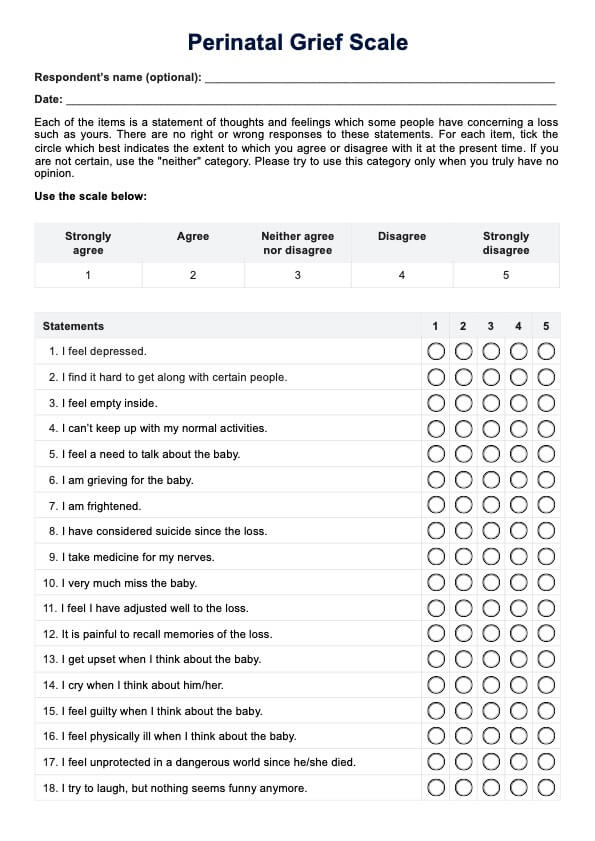
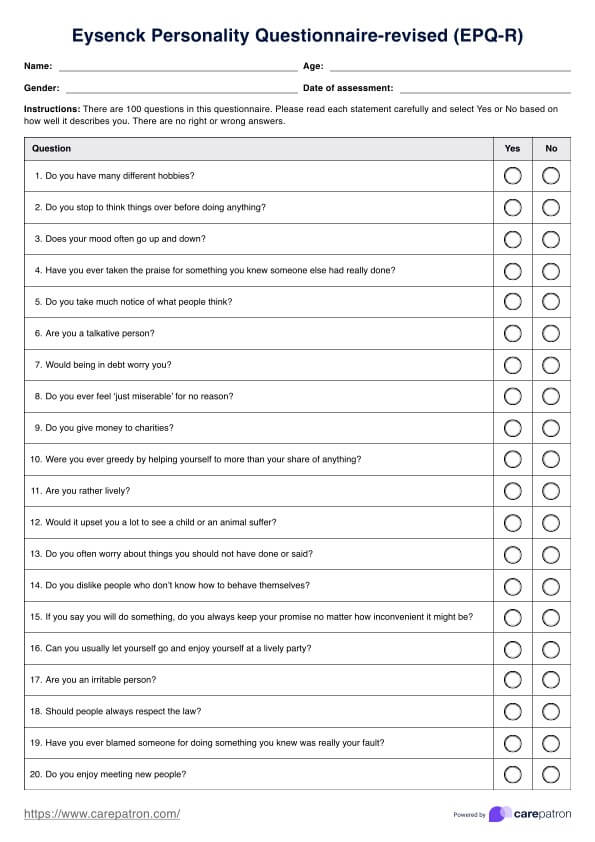
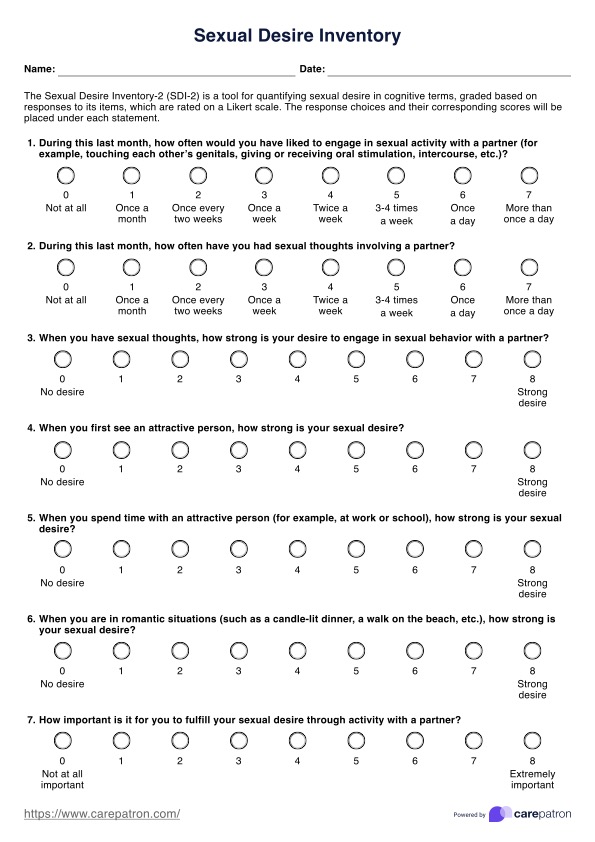











-template.jpg)





